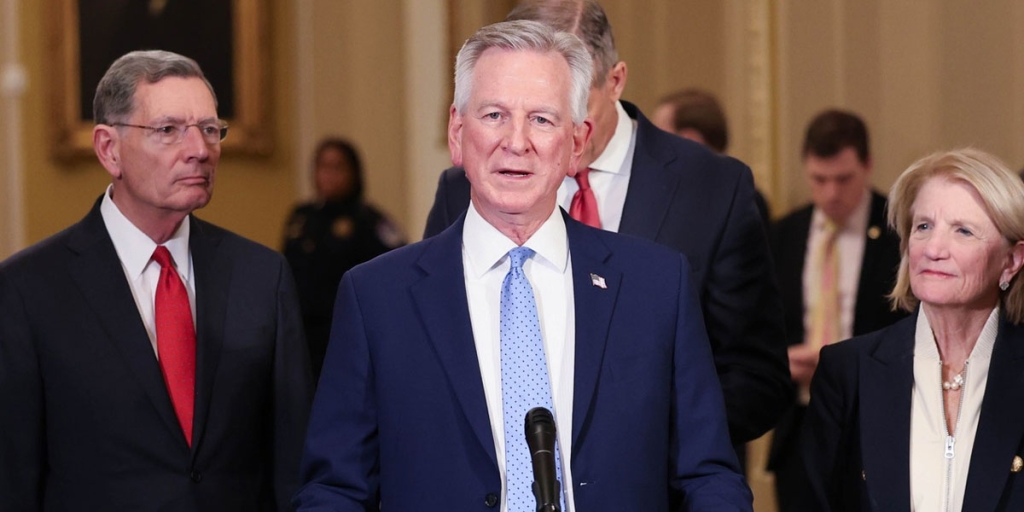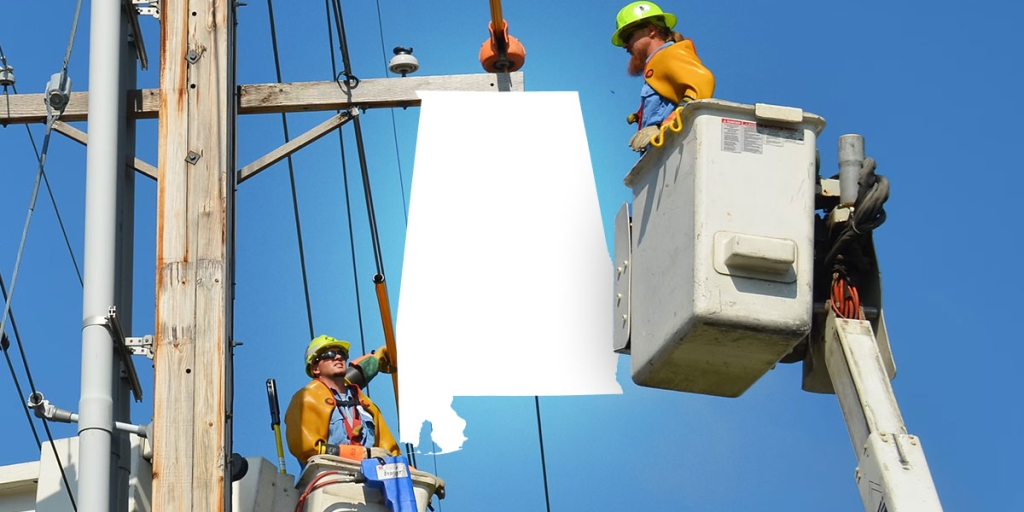Alabama is recognized as a great place to start, grow, and nurture a business, to get an education, to build a career, to put down roots, and to thrive.
As many global brands, homegrown startups and Fortune 500 companies have discovered, Alabama is a Sweet Home for families and businesses alike.
Alabama has been recognized as a “Top State for Business” by Area Development. The state is listed among the top 10 in 10 categories: business cost, business incentive programs, cooperative and responsive state government, favorable regulatory environment, speed of permitting, prepared site program, favorable utility rates, competitive labor environment, leading workforce development programs, and most improved economic development policies.
We have a diverse industrial base, a low tax burden, and a robust logistics infrastructure, including a major seaport on the Gulf of Mexico. Alabama Industrial Development Training, hailed as one of the nation’s most effective state-sponsored workforce training programs, has provided state-of-the-art industrial training to the thousands of workers in Alabama’s diverse industries.
Businesses are interested in everything Alabama has to offer, but our recent economic development success has created a challenge regarding the availability of suitable industrial and business parks and sites.
Having well-documented, easily developable sites is one of the most important pieces of infrastructure Alabama can provide to compete for future economic development projects and the related growth.
Competition across the Southeast is intense. There are approximately 9,500 economic development organizations in the United States, and all of them are diligently working to prepare their community for economic development by working to build an adequate labor force, shovel-ready sites, and fiscally responsible incentives.
Every state contiguous to Alabama has either recently enacted or renewed funding for site development initiatives including Georgia, Florida, Mississippi, and Tennessee. In the last six months, Kentucky announced a $100 million program for development of industrial sites, and Virginia recently announced a $90 million site development initiative.
North Carolina appropriated $1 million to evaluate up to five megasites best positioned to serve major advanced manufacturing projects. These megasites would receive increased development and marketing support from the State and the Economic Development Partnership of North Carolina.
The state of Tennessee invested approximately $170 million to develop the megasite that Ford ultimately selected as the location for their newest truck plant.
Having more industrial and business sites is critical if Alabama expects to remain competitive for more higher paying jobs for our citizens, in particular spurring new investment and growth in Alabama’s rural areas.
As part of the Alabama Renewal Act, the Growing Alabama Credit is an incentive to provide a source of funds for site preparation and public infrastructure improvements of existing industrial sites. At least 25% of the credit is reserved for targeted, rural counties which will improve our entire state’s economy.
Alabama’s legislative leaders’ foresight when creating the Growing Alabama Credit has rewarded Alabama communities and citizens with thousands of new jobs; and renewing the Tax Credit, along with other initiatives designed to support the development of quality industrial and business sites and parks will do the same.
Greg Barker is the President of the Economic Development Partnership of Alabama.













